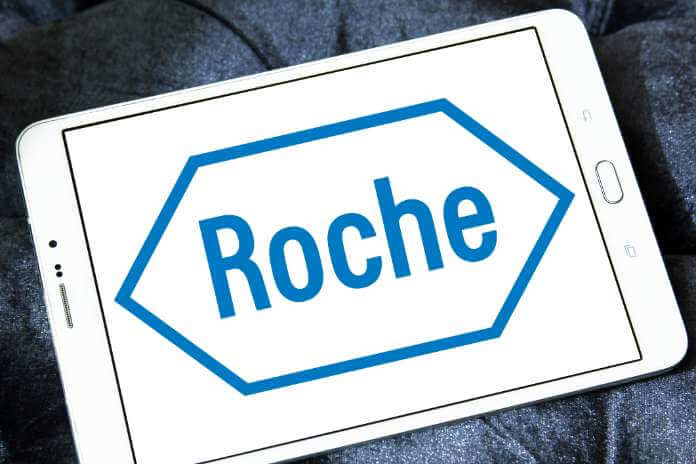PD-1-regulated IL-2 drugs are being developed by Good Therapeutics using cutting-edge conditionally active drug technology.
Roche (OTCQX:RHHBY)
To boost its immuno-oncology portfolio, Roche (OTCQX:RHHBY) is acquiring Seattle-based Good Therapeutics, a privately held company. In accordance with the terms of the agreement, Roche will pay $250M upfront for Good’s shares and further sums upon reaching specific development, regulatory, and commercial goals.
Product
Cytokines are potent biological proteins that direct the immune system’s attack on external invaders. Scientists have spent decades trying to turn cytokines into medicines. Cancer can be effectively treated by simply injecting patients with cytokines. However, the overwhelming amount of inflammatory proteins causes unacceptably high toxicity for most people. Good’s strategy depends on creating dormant cytokines and fitting them with sensors calibrated to PD-1, a protein found on cancer cells and the target of numerous effective medicines. Roche will receive rights to Good’s conditionally active, PD-1-regulated IL-2 program as well as an exclusive license to the platform technology to create PD-1-regulated IL-2 receptor agonist medicines.
In a Sept. 7 press release, Roche’s global head of Pharma Partnering, James Sabry, stated, “We are excited to bring Good’s innovative PD-1-regulated IL-2 program into our existing oncology pipeline, which nicely complements our efforts on next-generation PD-1-targeted IL-2 therapeutics and our broader oncology strategy of providing cancer patients with innovative solutions and improving health outcomes.”
Upon receiving U.S. antitrust approval, the purchase is anticipated to be completed in Q3 2022.
Following the completion of the Roche acquisition, Good’s team intends to use the technology for the creation of conditionally active therapies for various targets in immuno-oncology and beyond, according to the new company, Bonum Therapeutics.
Opportunity
For Good’s investors, which also included Codon Capital and RiverVest Venture Partners, the acquisition offers a nearly eight-fold return. It also represents a positive data point in what is still a challenging market for biotech entrepreneurs, who have battled to hold onto their valuations in the face of a significant fall in initial public offerings. The acquisition is centered on Good’s most cutting-edge initiative, a preclinical cancer therapy intended to increase patient access to popular drugs like Keytruda.
Featured Image – Megapixl © Mohammedsoliman4















